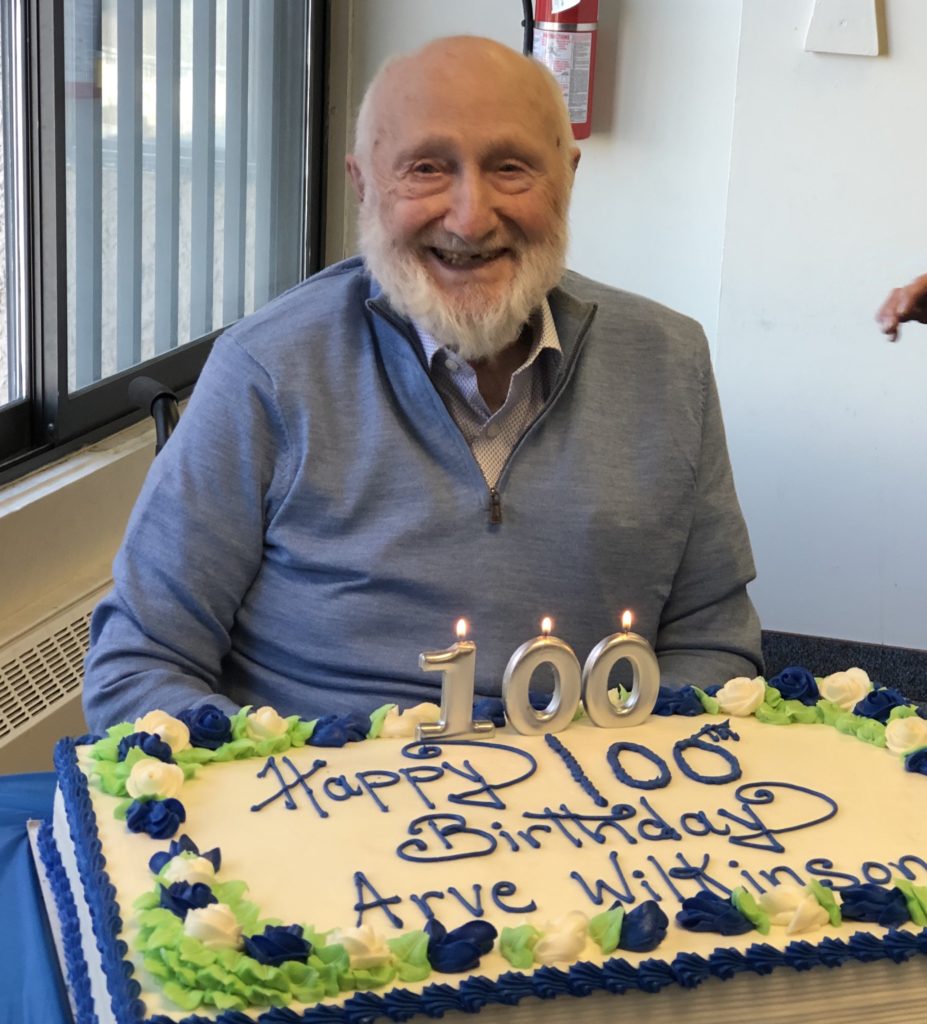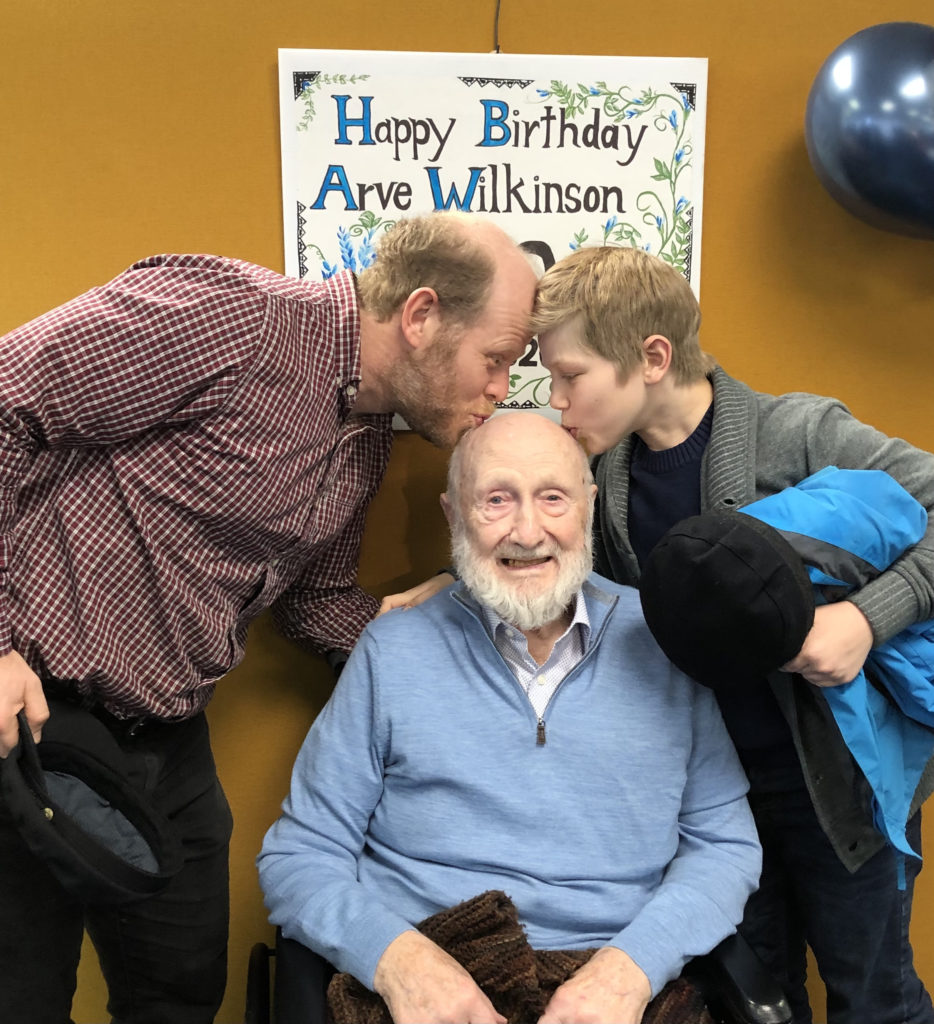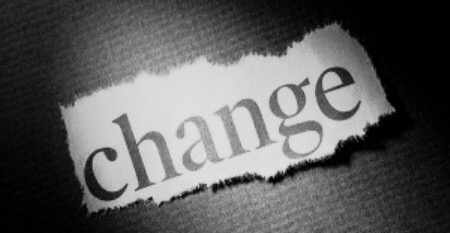My Grandpa continues to hold back the ravages of time. At the writing of this book, the dials that mark his earthly sojourn have exceeded the century mark. At one-hundred-and-one, his mind is still sharp and his memories strong. Saba, as he is lovingly called, has always been an excellent storyteller but combine this with his proclivity for diligent research in uncovering accurate details from the long-buried roots of our family tree, and you have something special indeed!
This book isn’t one of gritty details about who came from where and in what year. Grandpa already did that. Criss-crossing Canada and the U.S.A. in his retirement years, Saba has done the heavy lifting of interviewing long-lost relatives and looking at gravestones. Like a master puzzler, he has put the pieces of our family together. His detective work has uncovered relatives as far back as the American revolutionary war! In his eighties and nineties, Grandpa compiled all of his historical scratchings and got them in print. When I first read the document, I knew I had received a special gift. I have before me a window not just into the life of an extraordinary individual but I also get wonderfully vivid glimpses of pioneering life on the prairies, the struggles that came with the great depression, life with horses instead of cars, what school was like 90 years ago and much much more.

With Grandpa’s masterful research project and years and years of conversations as my primary resources, I now endeavor to pull out the best of these true-to-life stories and make them come alive so that they spring off the page and into the imaginations of my readers. I write from my Grandpa’s perspective, and I take the liberty to fill in some of the thinner parts of his stories.
Introduction
The flames consumed the wooden structure, like army ants consume an unsuspecting moth. In a matter of moments, my dad’s dreams of finally making it on the prairies were gone. The fire was too quick and too hot for the hastily assembled bucket brigade. It was a total loss.
Homesteader life in the 1920s on the Canadian prairies was not for the feint of heart, and that was my dad’s problem; he was born with a small hole in his heart, so he couldn’t keep up. That’s why it made sense for him to move into town and open up a small garage with my Uncle Clarence. Cars were the way of the future, and my dad would be ready for them with a wrench in hand when they came. It would still be hard work, just not as hard as carving out an existence taming the wild prairie.
But now this. It was a crushing blow for dad. He had taken enormous risks to make this happen, and by the time all the debt collectors had sifted through the ashes of his dreams, our family was destitute. We moved to a town with a Cree name that means “warm place by the river,” but the English vocalization of this indigenous sentence produces a much more dramatic appellative: Moose Jaw.
Tragedy seemed to follow my dad, and life’s final sorrow finally caught up with him on May 9th, 1923. The influenza pandemic, which had been circling the globe since the First World War, arrived in Moose Jaw not long after my dad. Like wolves that sniff out the weakest in the herd, influenza found my frail-hearted father and, with brutal efficiency, took him down. I was three years old when dad slipped his earthly bonds.
I had drawn the short straw for family life. My dad was gone, and my mom, now heartbroken and penniless, was forced into a near nomadic existence travelling from town to town in search of whatever work might keep a little food on the table.
I am Arve Wilkinson, a child of the Canadian prairies. The 1920 and ’30s were a long time ago, but the desperate struggles and the high adventures I had as I tried to figure out life in that tumultuous time still live fresh in my memory.





One Response
Amazing! Can’t wait to hear more! 🎉